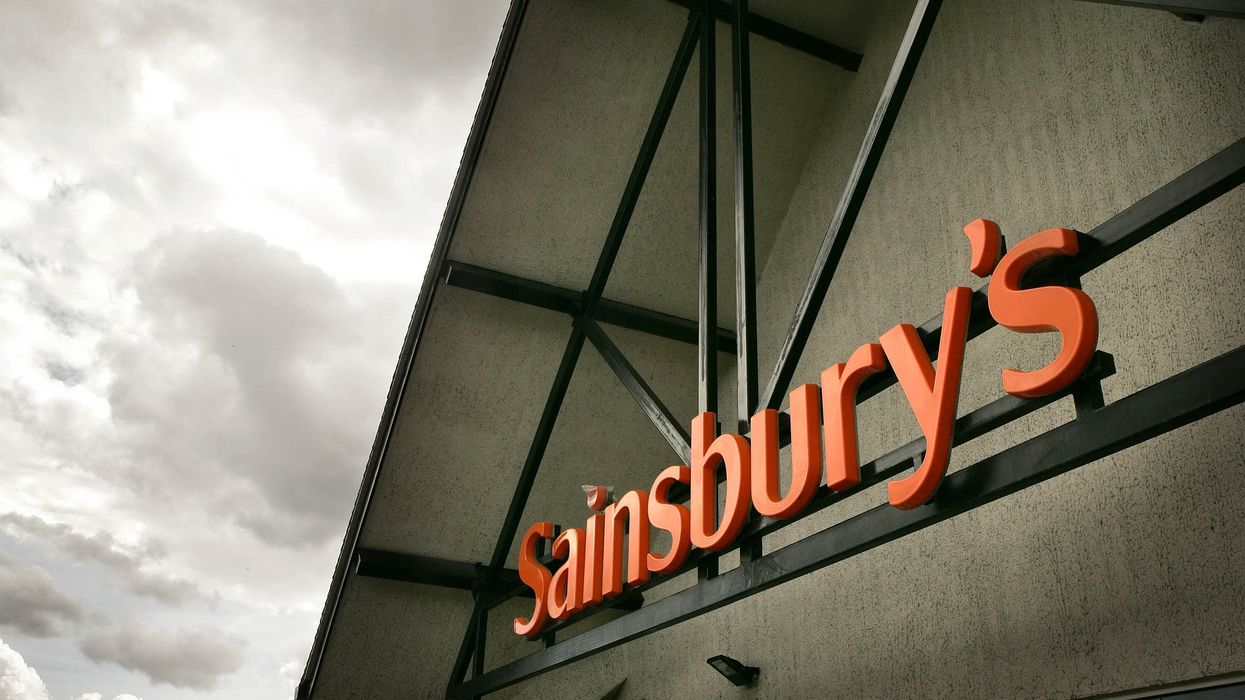Sainsbury’s has announced plans to cut 3,000 jobs across its operations, along with the closure of three key in-store services. The UK supermarket giant confirmed that the closures will impact its larger stores, with the patisserie, hot food, and pizza counters set to shut down by early summer.
As part of the changes, the most popular items previously sold at these counters will be relocated to other sections of the stores, ensuring customers can still purchase these products despite the closure of the dedicated counters. Additionally, Sainsbury’s will introduce new ‘On The Go’ hubs by autumn, offering hot food options to meet customer demand for convenience.
These closures were initially announced earlier this year in January, and although they will affect the chain’s largest stores, smaller local Sainsbury’s shops will not be impacted by the changes. The supermarket’s cafes have already closed, with the final day of service on 11 April. The decision to shut down these cafes follows a decline in customer footfall, which the company cited as the reason for their closure.
Alongside the store service cuts, Sainsbury’s has confirmed a reduction in its head office staff by 20%. However, details regarding the specific timing of the job cuts have not been disclosed, with the affected staff members yet to be informed. The decision comes amid what the company described as a “challenging cost environment.”
Simon Roberts, CEO of Sainsbury’s, commented on the difficult market conditions in January, acknowledging the supermarket chain’s need to adapt in an increasingly competitive sector. Despite these challenges, he assured stakeholders that Sainsbury’s remains well-positioned within the market. Roberts stated, “We’re in the strongest place we’ve ever been, and we intend to stay there,” adding that the supermarket had spent the last four years refining its pricing strategy.
The company’s recent financial results highlighted the ongoing efforts to maintain a strong competitive position, despite the challenges posed by inflation and the cost of living. Roberts also expressed confidence that Sainsbury’s could weather the storm, saying, “The one billion guidance gives us all the capacity we need to make sure that, above all else, we can sustain the strength of our competitive position.”
The closures and job cuts come as the supermarket faces mounting pressure in the highly competitive grocery sector, with several rivals, including Tesco and Asda, continuing to adjust their own strategies in response to rising costs and shifting consumer habits.
Sainsbury’s has been working to balance the need for cost-cutting measures while ensuring it continues to provide quality products and excellent customer service. According to Roberts, Sainsbury’s belief in its “winning combination” of value, quality, and customer service will keep it competitive. “We really believe that our winning combination of great value, quality products and the brilliant customer service that our colleagues deliver day in day out will keep delivering for us,” he said.
Despite the closures, Sainsbury’s is focusing on areas of growth, particularly in convenience food and online shopping, with the introduction of the ‘On The Go’ hubs representing a strategic move to cater to customers’ changing preferences. The company has also been investing in its online and home delivery services to stay competitive with rivals offering similar services.
The decision to cut jobs at head office will likely have a significant impact on the workforce, but Sainsbury’s has reiterated that these measures are part of its ongoing efforts to streamline its operations and maintain financial stability in a difficult economic climate. Although the supermarket has not provided a timeline for when the job cuts will occur, they have confirmed that it will be part of an overall restructuring process.
Sainsbury’s has assured customers that despite the changes to services, it will continue to offer a wide range of high-quality products, both in-store and online. The company also stressed its commitment to innovation and adapting to the evolving retail landscape in order to maintain its position as one of the UK’s leading supermarket chains.
As the situation develops, Sainsbury’s will be under pressure to navigate the current cost challenges while balancing the need for job cuts and service reductions. However, Roberts remains optimistic about the company’s future, asserting that Sainsbury’s is in a strong position to weather the ongoing storm.





